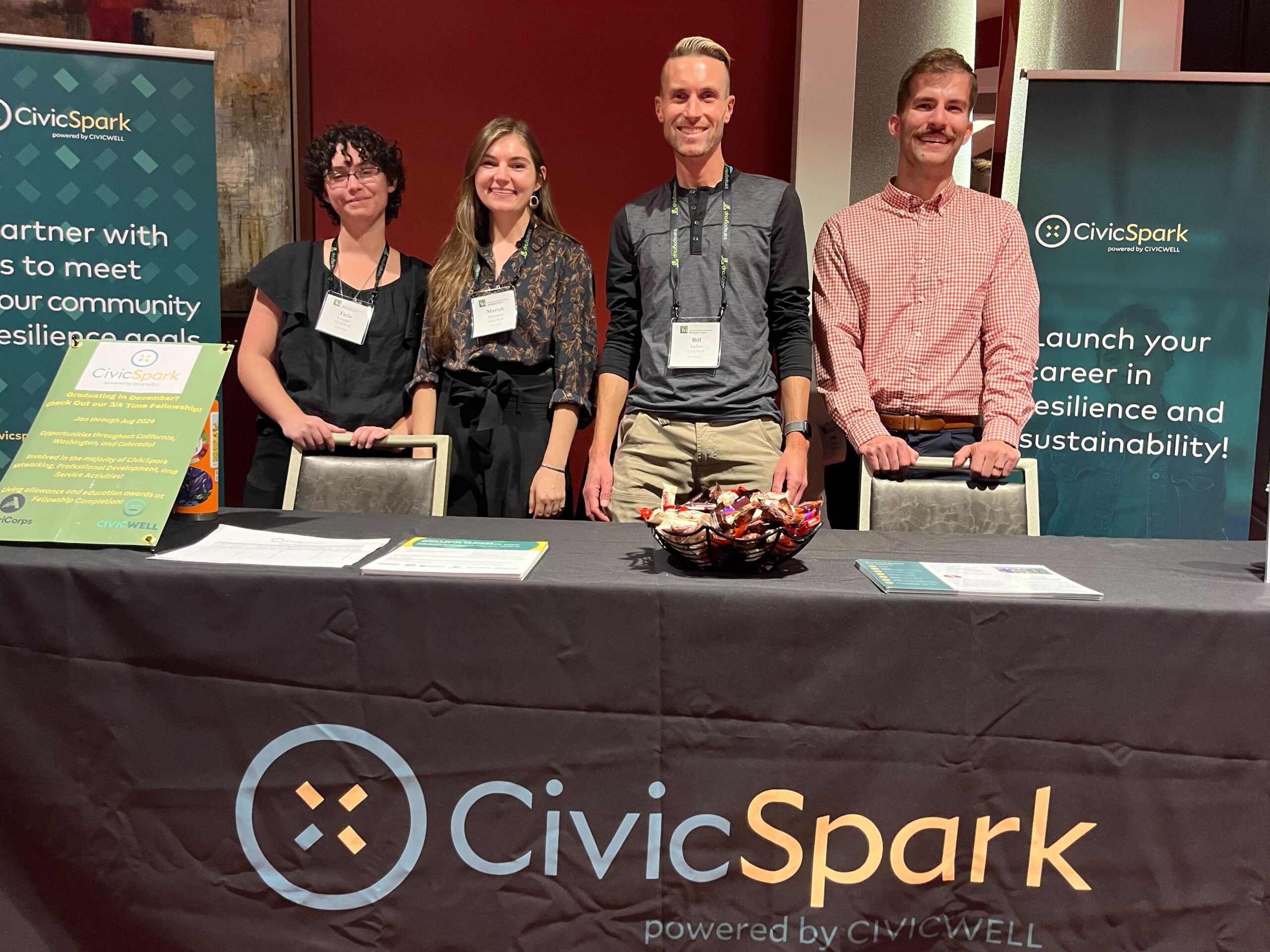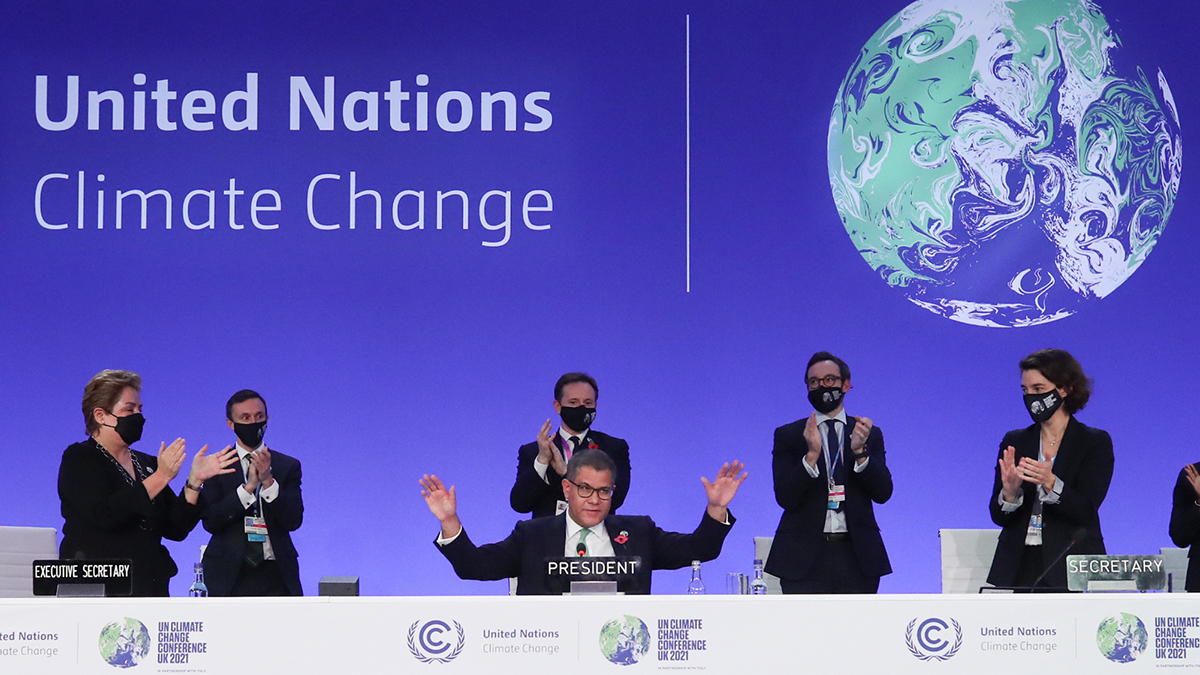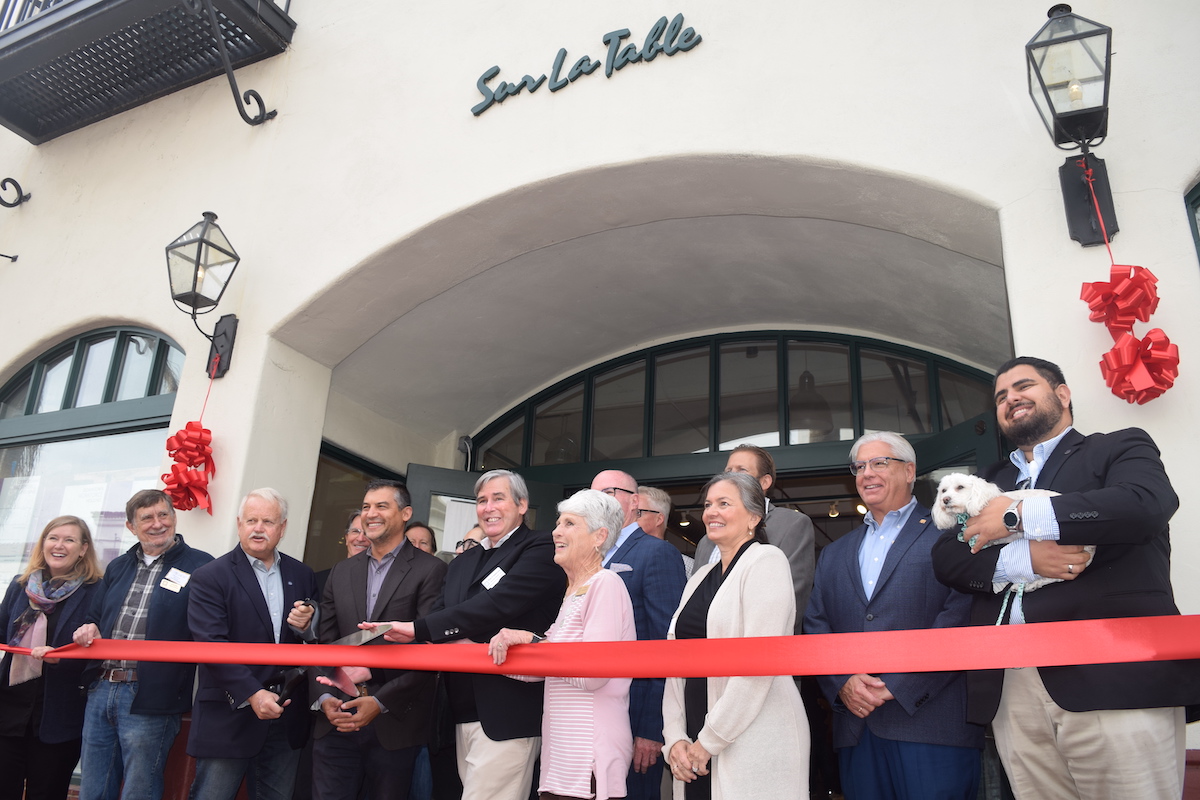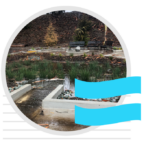November 29, 2023
After close to a decade of successful operations in California, and following recent expansion into Colorado and Washington, requests for CivicSpark support in additional regions have only grown.
This past Spring, CivicSpark was awarded a National AmeriCorps Planning Grant to study further expansion in the United States Southeast. CivicSpark initially included five states along the Gulf Coast in the expansion exploration, and was immediately met with strong interest in our program model.
The Southeast is a region disproportionately affected by the accelerating environmental impacts of climate change. By expanding our successful program into a region of high need, CivicSpark can both support the communities who need help the most, and offer our emerging Fellow leaders an impactful experience through partnering with and learning from some of the organizations already doing incredible work in the region.

Gathering Feedback and Building Relationships
Since April 2023, CivicSpark staff have embarked on an outreach tour that has built connections with over 200 stakeholders in the region. Our team conducted hundreds of surveys and four virtual listening sessions, and attended six regional conferences including the American Planning Association Conferences in Florida, Georgia, North Carolina, and South Carolina; the HBCU Climate Leadership Conference in New Orleans; and the International City/County Management Association Conference in Austin, Texas. Additionally, we have held inspiring meetings with individuals and group, and consultations with state service commissions.
We have been excited to find overwhelming interest in and demand for our program model. The leaders we met shared messages and stories of devastating climate impacts challenging urban, rural, coastal, and inland communities alike. We learned about community impacts – including flooding, safe and affordable housing, and drought – that didn’t make national headlines, but ripple through small communities for years.
Identifying New Regions with Shared Needs
Through our networking, outreach, and organic engagement, this interest grew far beyond our initial focus area to include inland and Atlantic coastal states that are members of the Southeast Sustainability Directors Network (Arkansas, North Carolina, South Carolina, Tennessee, and Virginia), as well as islands and territories in the Caribbean (Puerto Rico) and Pacific Ocean (Hawaii).
While geographically spread out and not entirely connected, we found that these states and territories face similar accelerating resilience threats, both directly and indirectly climate change-related. They also share a need for organizational capacity to meaningfully and urgently address these threats.
CivicSpark is applying for a National Direct AmeriCorps grant in December, and we hope to begin with an annual cohort of up to 100 Fellows in the expanded region beginning in September 2024. CivicSpark Director Bill Sadler shared his excitement about this next phase of the program’s growth:
“With the recent announcement by the Biden Administration of the creation of the American Climate Corps, and increasing awareness of the devastating impacts of extreme weather events and climate change, the momentum for community resilience is growing. We look forward to partnering with leaders on the ground to bring CivicSpark’s proven model to these new regions.”
Seeking New Partners in the Southeast, Caribbean, and Hawaii
CivicSpark is preparing to officially launch partner recruitment for these new locations in early 2024. Take the first step by filling out this interest form.
For more information, contact CivicSpark Program Director Bill Sadler or CivicSpark Program Expansion Manager Lily Swanbrow Becker.

Policy Corner
The 28th United Nations Climate Change Conference, known as COP28, has convened in Dubai, United Arab Emirates and will run through December 12th. Representatives from hundreds of nations, corporations, non-profit organizations, and other interested parties have gathered to discuss and negotiate policies to reduce greenhouse gas (GHG) emissions, adapt to climate change, and provide compensation from nations that generate more GHG emissions to countries that generate fewer such emissions. While previous conferences’ success has fallen short of hopes, they still represent the best opportunity for global cooperation on the existential issue of climate change.
Climate change has always embodied the exhortation to “think globally and act locally.” While hope remains that COP28 will deliver significant agreements and nations will follow through on their commitments, work that is just as important must continue in communities across California and at the state level. What we have done in California has often led the world. Nonetheless, GHG emissions actually increased in the last year in the state. Our state has seen an epidemic of extreme weather-related events including wildfires, flooding, torrential winds and rain, and extreme heat—all exacerbated by effects of global warming.
With the reconvening of the Legislature a month away, members and staff are contemplating legislation to introduce in the new year, and hearing from hundreds of organizations and community members who have ideas about which new laws, policies, and expenditures are needed to address an almost limitless range of subjects. More than ever, finding approaches to meet the climate crisis in an effective manner must rank at the top of the list.
Local governments will be a critical partner in our efforts to reduce GHG emissions, as recognized in the 2022 Scoping Plan Update by the California Air Resources Board (CARB). But will the Legislature and Governor adopt legislation that will give local governments the information, tools, and resources they need? Will legislation such as SB 511 by Senator Catherine Blakespear to provide local governments with GHG emission inventories, which died in the Assembly this year, be more successful next year? Will legislation to align local transportation investments with state climate policy such as AB 6 by Assemblymember Laura Friedman make it out of the Senate and onto the Governor’s desk? Will important programs such as Transformative Climate Communities (TCC) and the Multibenefit Land Repurposing Program (MLRP) continue to be funded, notwithstanding budget pressure, to help underwrite neighborhood and community investments to adapt to climate change?
The answers to these and related questions lie in the coming year. With leadership changes in both houses—Assembly Speaker Robert Rivas has named a number of new committee chairs and incoming Senate President pro Tem Mike McGuire—it is undetermined whether or how legislative priorities may shift. The ability of local governments to “think globally and act locally” will be substantially enhanced or impeded by what happens in the legislative process in 2024.

Board Highlight
From a recent article in the Santa Barbara Independent:
“The Housing Authority of the City of Santa Barbara unveiled a first-of-its-kind project Friday with 14 below-market studio apartments in the center of downtown at the former Sur La Table location on State Street. The adaptive reuse conversion — or rebuild from commercial retail to workforce homes — is one that many are hoping will serve as a blueprint for a new way to tackle the city’s growing housing crisis.
On Friday, the property was packed with city and Housing Authority staff and local dignitaries, including State Assemblymember Gregg Hart, County Supervisor [and CivicWell Board Secretary/Treasurer] Das Williams, Congressmember Salud Carbajal, Mayor Randy Rowse, and a handful of current and former city councilmembers, many of whom had shown support for the project along the way and all of whom were eager to see how it would looked when finished.
Rob Fredericks, the executive director and CEO of the city’s Housing Authority, was thrilled to reveal the development, which he said is proof that inventive affordable housing is possible in downtown Santa Barbara.”
Read the full article here.





